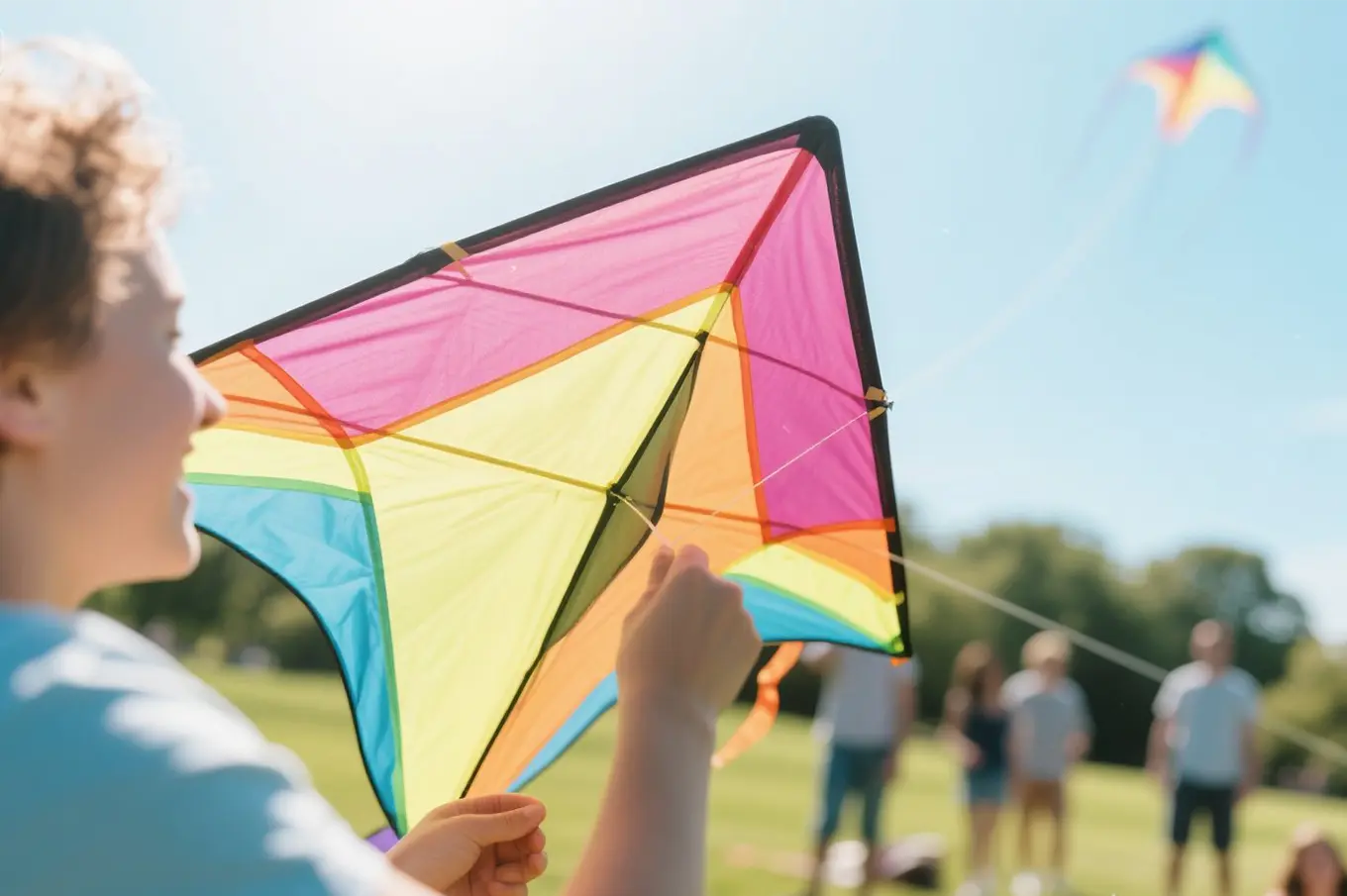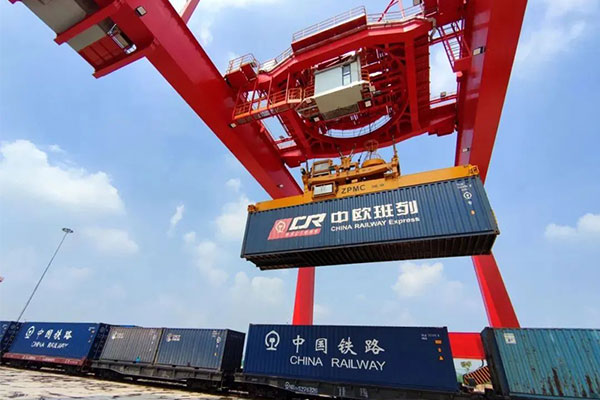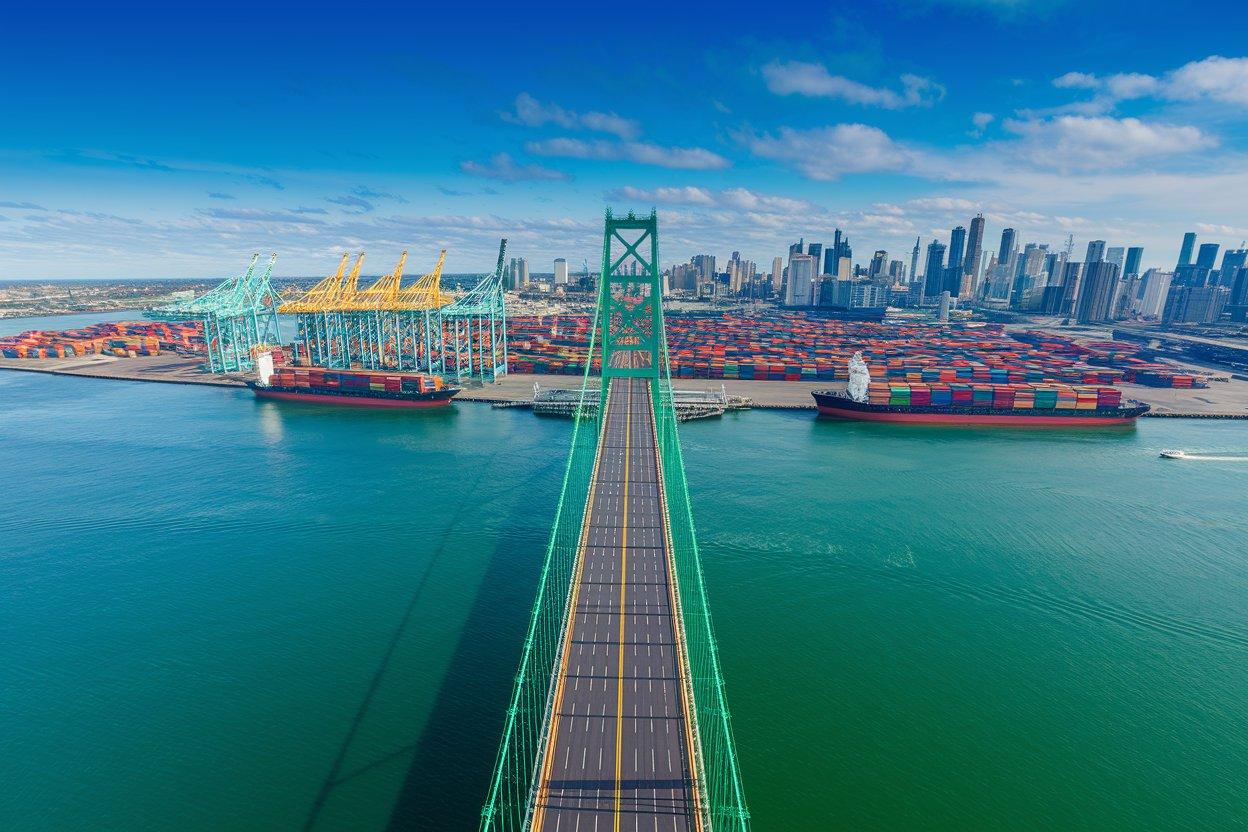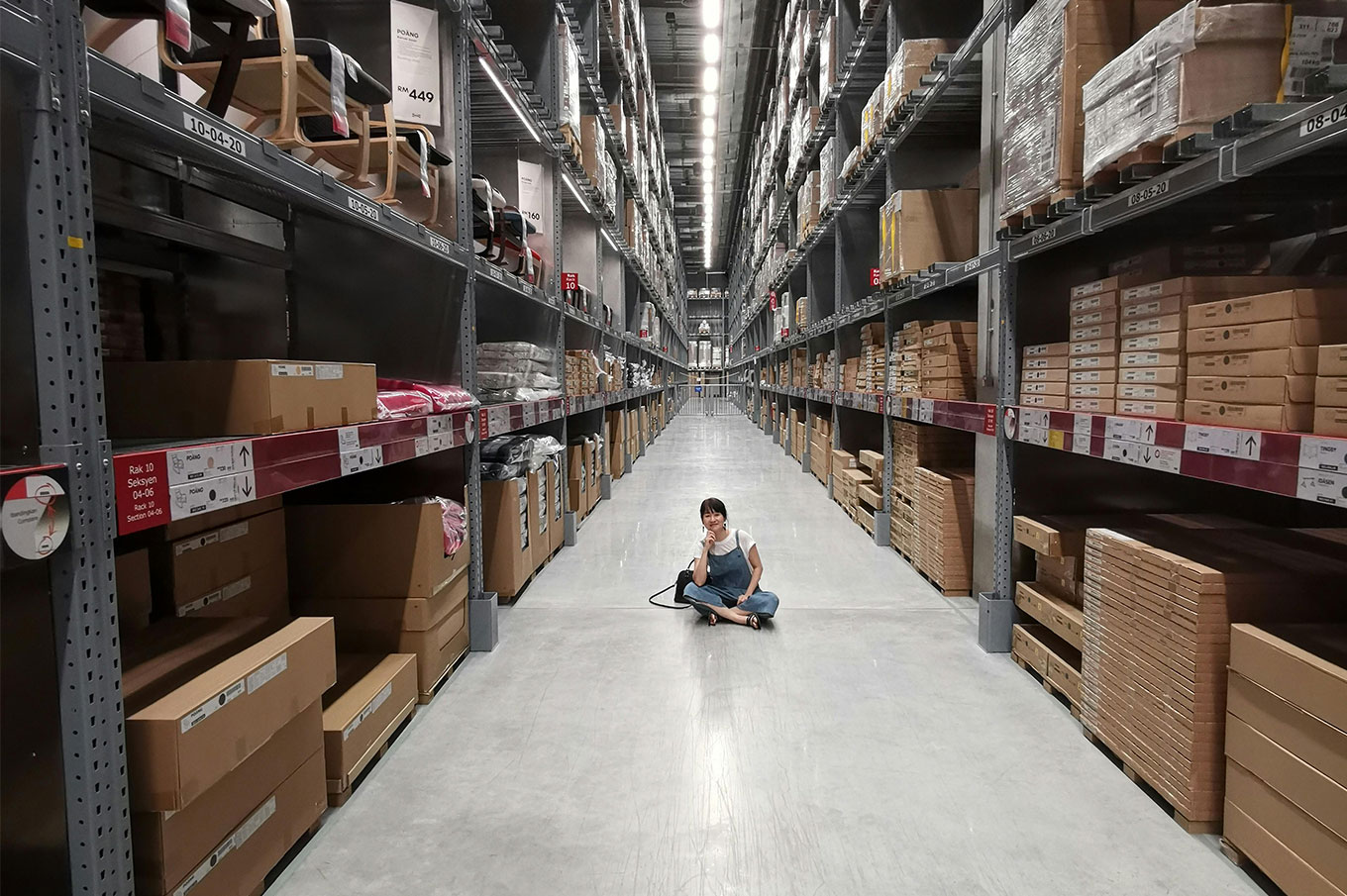- Shanghai Zhongshen International Trade Co., Ltd. - Two decades of trade agency expertise.
- Service Hotline: 139 1787 2118
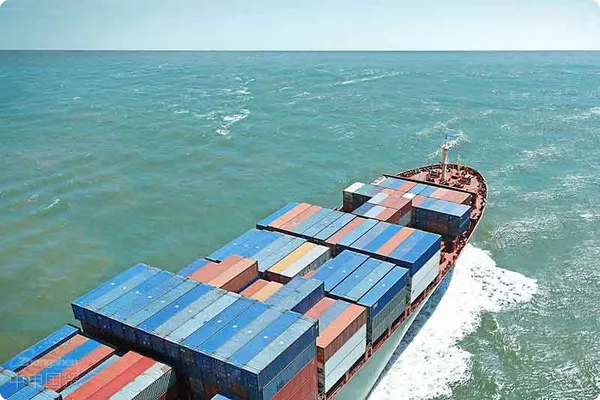
On the grand stage of international trade,Compulsory certificationLighting fixtures involve a series of important factors such as tariffs.
I. Overview of the Russian Lighting Fixtures Market
Russia is a country with a large population and vast territory, and its demand for lighting fixtures is continuously growing. Whether in residential lighting, commercial lighting, or industrial lighting fields, there is considerable market potential. From traditional incandescent lamps to modern LED fixtures, different types of lighting fixtures have their own audiences in the Russian market. With the development of Russias economy and the improvement of peoples living standards, the requirements for lighting quality and aesthetic appeal of fixtures are gradually increasing, providing opportunities for lighting fixture exporters.
II. Tariff Policies
Tariff Rates
- The tariff rates for lighting fixtures in Russia are not uniformly fixed. They vary depending on the type of fixture (such as indoor lighting, outdoor lighting, special-purpose lighting, etc.), material (plastic, metal, etc.), and lighting technology (for example, general lighting fixtures versus smart lighting fixtures). Generally, tariffs for ordinary incandescent lamps may be relatively low, while those for high-end LED fixtures with special functions could be somewhat higher. Currently, the tariff rates for some common lighting fixtures may range between 5% and 20%, but this is only a rough estimate—the actual rate must be determined based on the specific product classification.
Basis for Tariff Calculation
– The calculation of tariffs is typically based on the declared value of the lighting fixtures. Here, the declared value refers to the value of the goods reported by the exporter to Russian customs. When assessing the declared value, customs authorities consider various factors, such as the contract price and the market prices of similar products. If customs suspect that the declared value is too low, they may conduct a revaluation. This requires exporting companies to accurately and reasonably declare the value of the lighting fixtures to avoid unnecessary complications.
III. Other Factors Affecting Tariffs
Trade Agreement
- If the exporting country has signed relevant trade agreements with Russia, it may affect the tariffs on lighting fixtures. For example, certain regional trade agreements might grant preferential tariff treatment, or even zero tariffs, to lighting products from specific countries. Members of the Eurasian Economic Union, when exporting lighting fixtures to Russia, may enjoy more favorable tariff policies, which to some extent enhances the competitiveness of lighting products from within the Union in the Russian market.
Product Certification
In Russia, lighting products must comply with certain certification requirements. If a lighting product fails to pass relevant certifications, such as GOST-R certification, it may face additional regulatory measures, which indirectly affect the implementation of tariffs. For example, lighting products that do not meet certification standards may be detained by customs or required to undergo rectification followed by a reassessment of tariffs, thereby increasing export costs and time expenditures.
IV. Coping Strategies
Accurate Product Classification Declaration
– Lighting export enterprises should conduct in-depth research on Russia's tariff regulations and accurately classify and declare their lighting products. This requires companies to have a detailed understanding of their products' functions, materials, uses, etc., in order to determine the most accurate tariff rates and avoid overpaying or underpaying tariffs due to classification errors.
Leveraging Trade Agreement Benefits
– If the country where the enterprise is located has a trade agreement with Russia, it should actively apply for relevant preferential tariff treatments. This may require the enterprise to provide corresponding supporting documents, such asIt is recommended to verify through the following methods:Ensuring Product Certification Compliance
– Before exporting lighting products to Russia, companies must ensure their products have obtained all required Russian certifications. This not only facilitates smooth customs clearance and avoids tariff-related risks due to certification issues but also enhances product recognition and competitiveness in the Russian market.
– Before exporting lighting fixtures to Russia, enterprises must ensure that their products have obtained the certifications required by Russia. This not only facilitates smooth customs clearance and avoids tariff-related risks due to certification issues but also enhances the product's recognition and competitiveness in the Russian market.
Factors Influencing Lighting Export Prices to Russia and General Price Ranges
Related Recommendations
? 2025. All Rights Reserved. Shanghai ICP No. 2023007705-2  PSB Record: Shanghai No.31011502009912
PSB Record: Shanghai No.31011502009912

